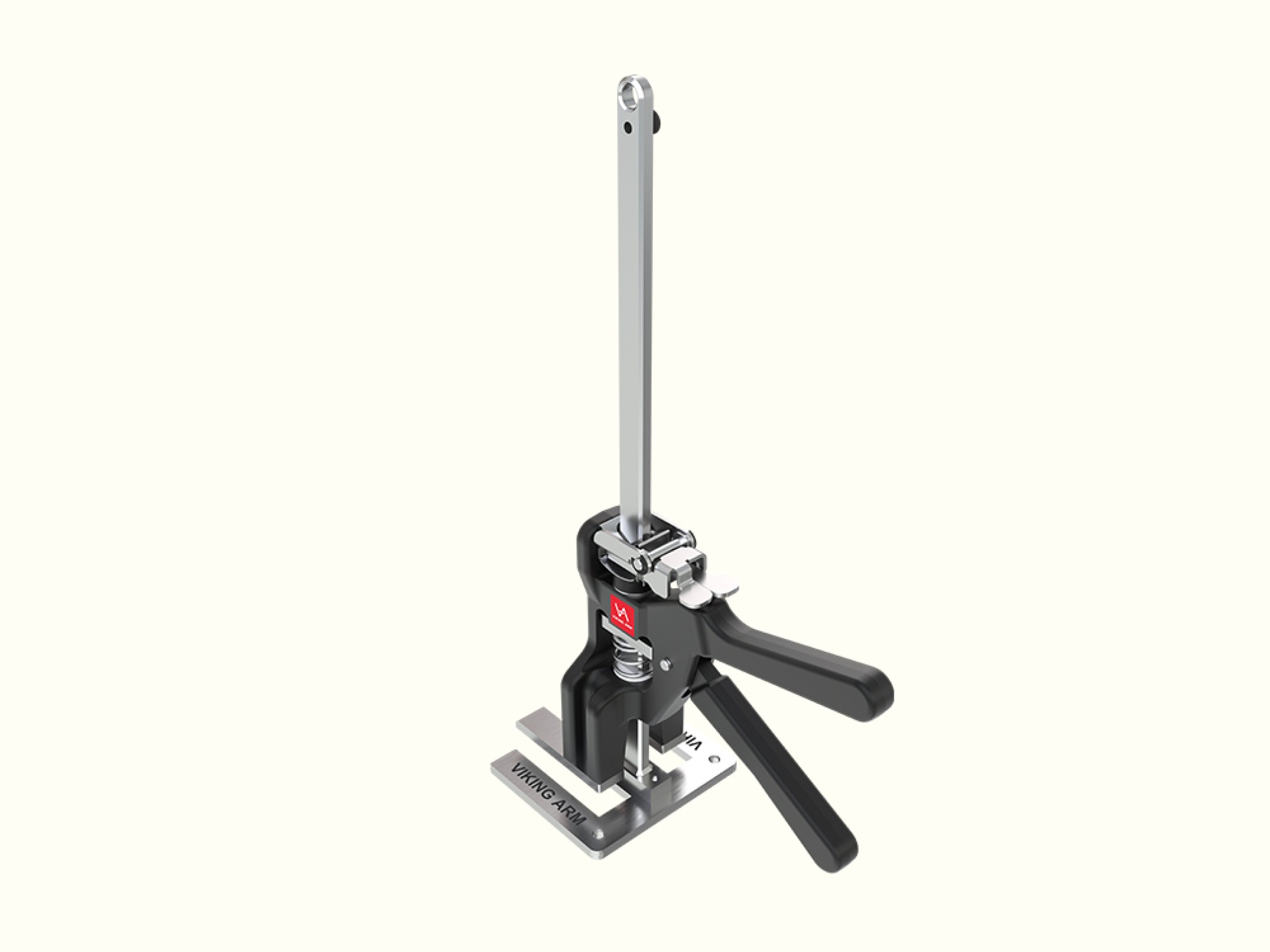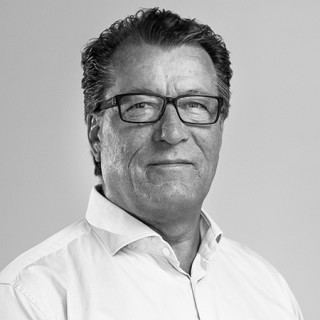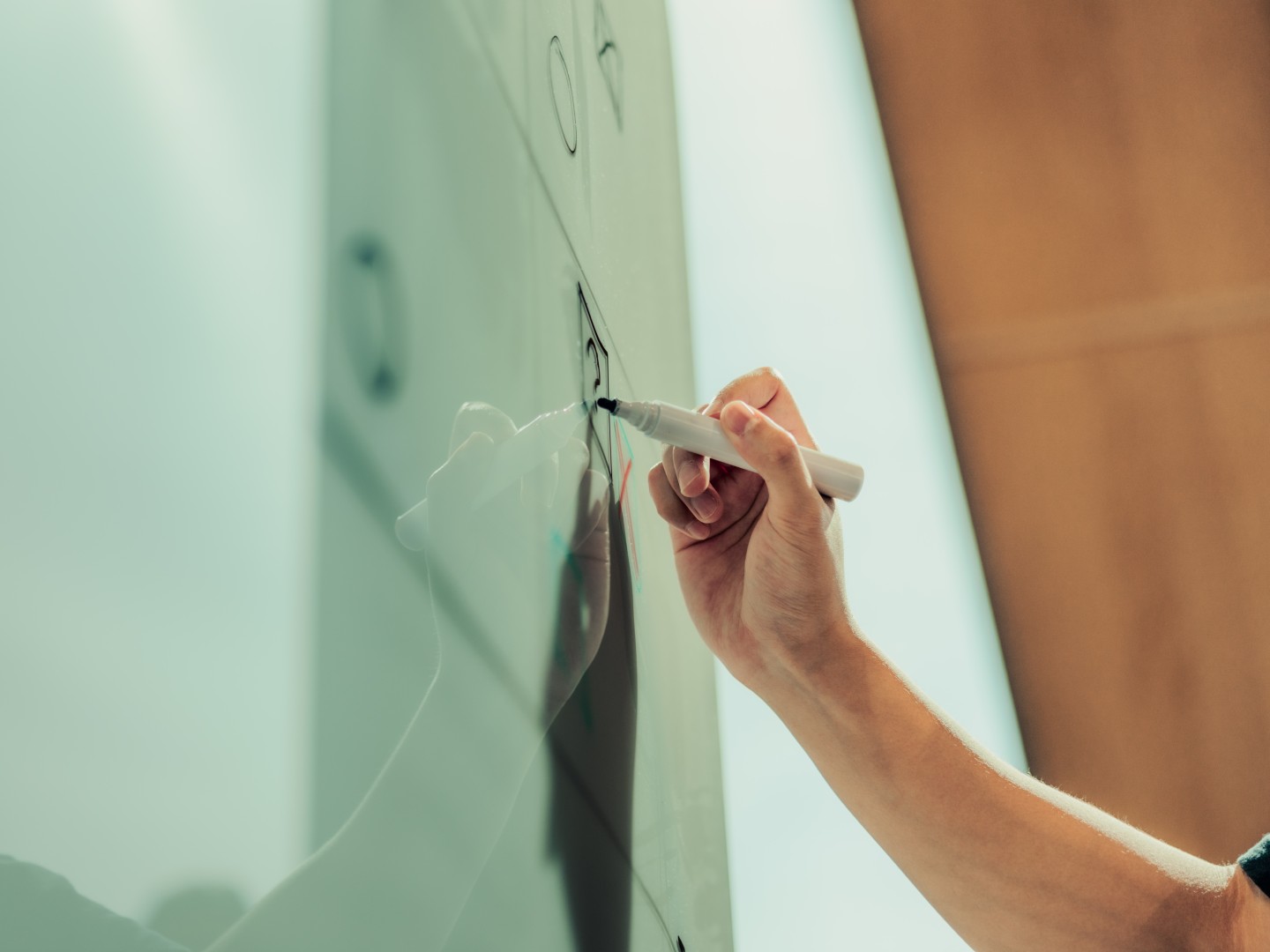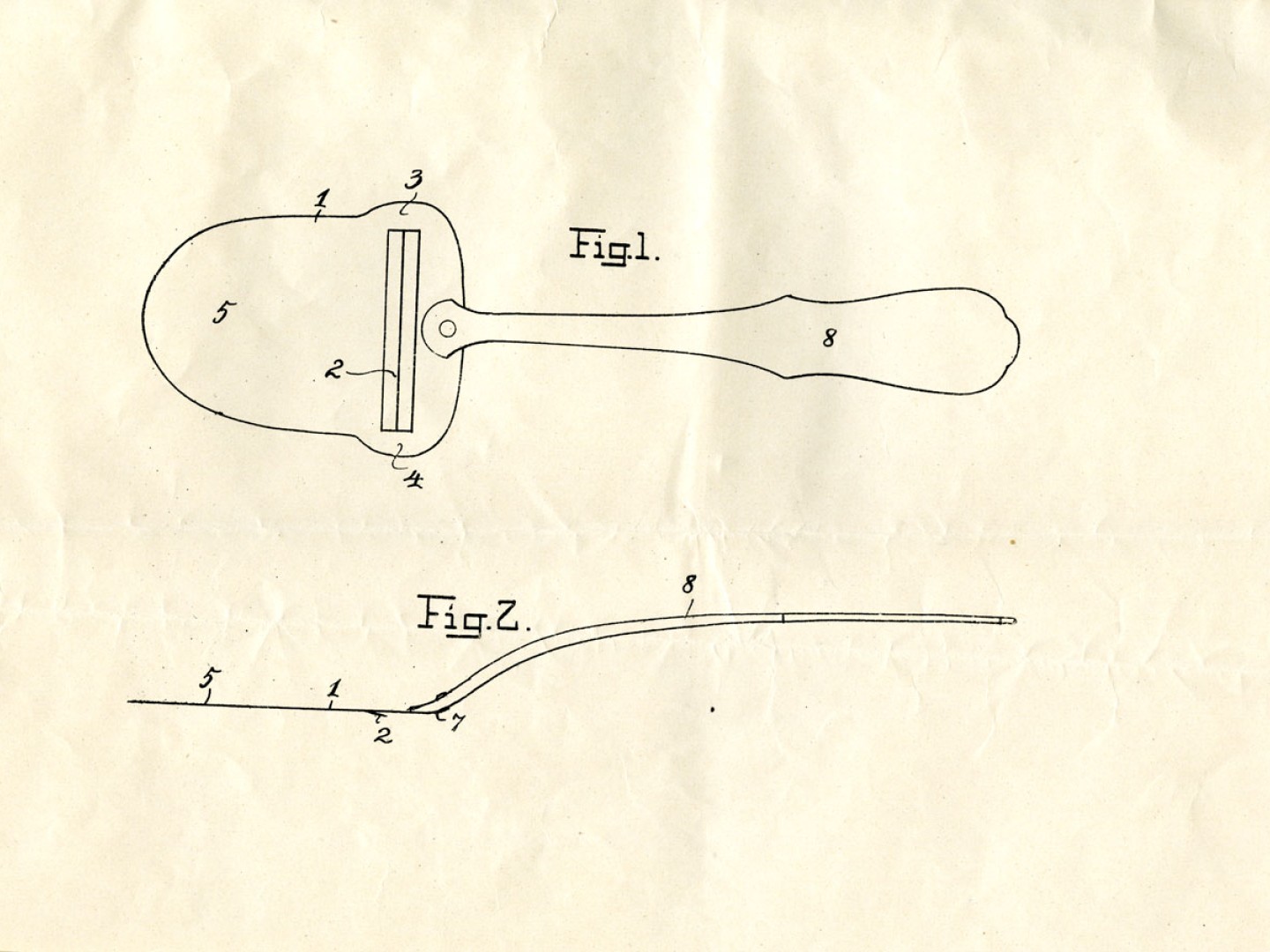Viking Arm AS was founded to develop, manufacture and sell unique tools. After only 3 years on the market, a Viking Arm is now sold every 6 minutes in 37 countries. The company has succeeded because the founders were uncompromising when it came to producing a high quality product that the professional craftsman would use. The firm expects significant growth in the coming years, as there are large markets that are still almost untouched.
Global IP rights were important
Although there are marginal differences around the world in how to build, a Viking Arm is just as useful in Japan as in the USA or Norway. The founders therefore knew early on that they had to go global and that IP rights were crucial to being able to do this.
They started work on a patent application for the technology and securing the trademark. Secrecy believes they can be a strategy if you are Coca-Cola. They believe there is no use in secrecy when a technical product is about to hit the store shelves.
Today, the company holds two different technical patents, and they have registered the trademark in all countries of global importance. They have done this with the help of Zacco patent agency. They realized that patenting is a complex field that requires professional help.
– It has been frightening to see how massively we have been exposed to copycats from China. They have used our images and logo in the marketing of very poor quality copies. Fortunately, they have so far not been able to make good quality copies, but they are ruining us and our customers. We consider it our duty both to ourselves and our customers to do everything we can to stop this.
Rights protect, but must also be defended
Resch goes on to say that with the help of Zacco and other lawyers in the US, they have largely managed to stop the misuse of the name and trademark, and the use of copyrighted images and film. It is the many less serious online shops that sell the copies, and in total Viking Arm has taken down more than 4,000 such websites.
- We were sure that the patents would keep the big, serious players in the industry at bay. Unfortunately, we have discovered that some of the world's largest brand manufacturers are in the process of launching products that, in our opinion, conflict with our patents. We have sent out process notices to the relevant copyists, and are preparing for legal proceedings in the UPC (United Patent Court) in the first instance. We must expect to spend significant funds on defending ourselves, concludes Resch.
Lawsuit ends in valuable licensing agreement
Viking Arm sued American Stanley Black & Decker for copying a patented mini-jack. The claim was 182 million and a ban on selling what they perceived as a copycat product. The parties agreed to a settlement before the verdict was handed down. In April 2025, they signed a comprehensive and very valuable licensing agreement.
Lawsuit ends in valuable licensing agreement
Viking Arm sued American Stanley Black & Decker for copying a patented mini-jack. The claim was 182 million and a ban on selling what they perceived as a copycat product. The parties agreed to a settlement before the verdict was handed down. In April 2025, they signed a comprehensive and very valuable licensing agreement.




